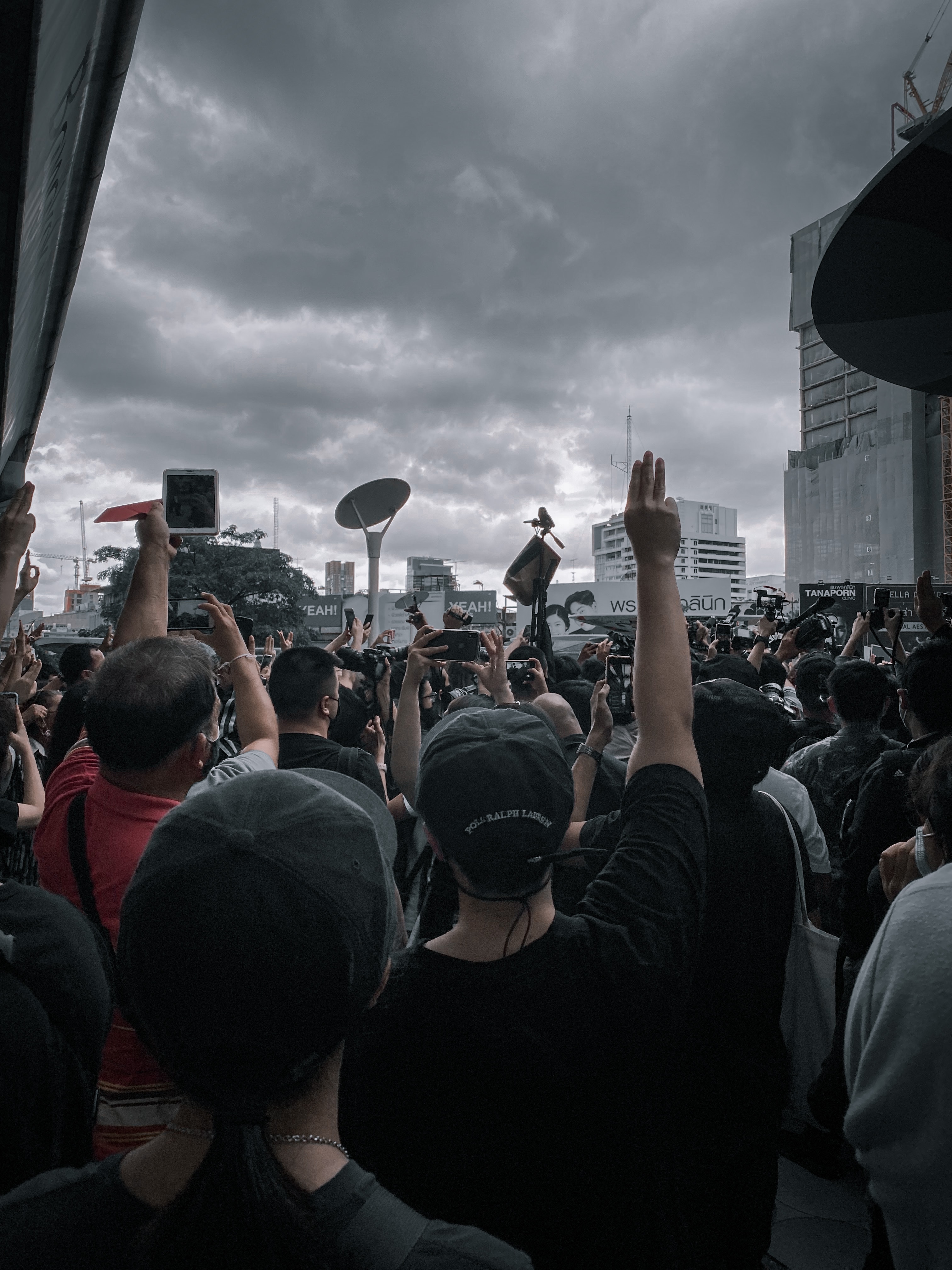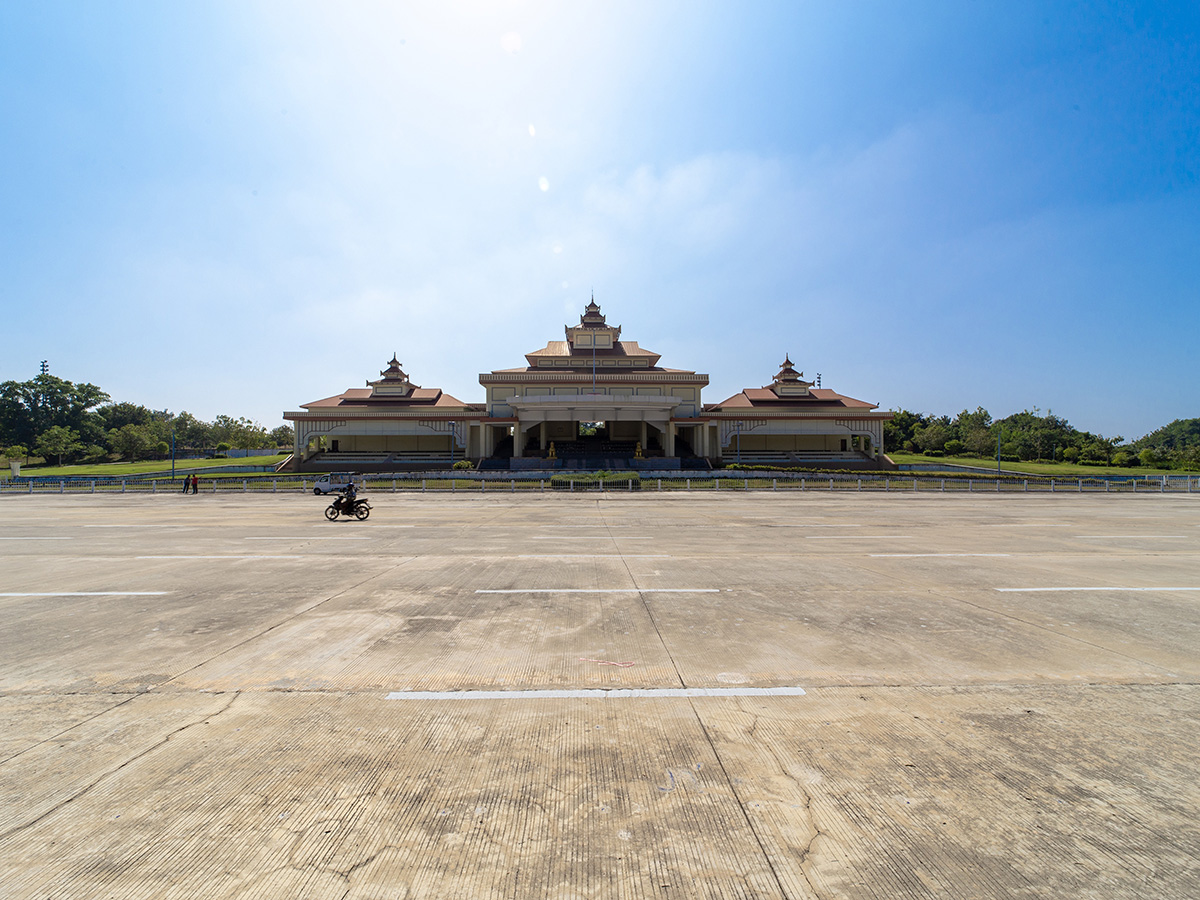The movement of monies out of mainland China and into jurisdictions such as Hong Kong and increasingly Singapore – especially since the enactment of the National Security law in Hong Kong – is significant. As an increasingly assertive China has seen an increase in the level of geopolitical tension between itself and Western nations, regulators in two of Asia’s most prominent financial hubs will find themselves increasingly in the difficult position of having to decide how to respond to pressures from these competing actors on the international stage, writes Omar Shahabudin McDoom
_______________________________________________
Russia’s invasion of Ukraine in early 2022 has had at least one upside. It was a shot-in-the-arm in the movement to combat illicit finance, that is, the transfer of monies of ethically and legally dubious origin into major financial centres, usually via the world’s offshore secrecy jurisdictions. The attack produced a remarkable regime of retaliatory sanctions targeting individuals popularly dubbed Russian “oligarchs” for their money, influence, and ties to Putin’s regime and with assets in places attractive to such wealth, such as London, New York, and Paris. International attention to the issue of corrupt capital had already sharpened as a result of high-profile investigations by journalists and civil society groups exposing the 1MDB, Luanda Leaks, and Panama Papers scandals. The links between corruption and consequent capital flight and persistent under-development and chronic poverty in the developing economies from where the monies are extracted are, of course, well-known. These more recent exposés, however, raised awareness of this capital’s corrosive effects in target jurisdictions as well. Its impact on democratic norms and the rule of law through the purchase of political influence has made illicit finance a national security issue for liberal democracies.
Much of the scholarly research and public interest in corruption has traditionally focused on principals: the politicians and government officials who use their positions of trust to extract wealth for their own enrichment. However, the more recent investigations and exposes of corrupt capital have also highlighted the part played by professional intermediaries, sometimes internationally-branded firms operating in major financial centres, who work with kleptocratic elites to move, convert, and protect ill-gotten gains. The principals do not act alone. In some cases, these enablers, as they have become known, provide assistance, knowing the illicit origin of the wealth. In other cases, they either assist naively or else are wilfully blind to the risk. Naming the lawyers, accountants, bankers and other intermediaries involved and characterising this involvement has become a high-risk decision for those involved in the movement against illicit finance. Litigation threatens. Yet, as awareness of the role of these intermediaries has been growing, the political will to act to target problematic intermediary behaviour has been shifting. Whereas concerns for the adverse economic impact on the market for professional and financial services that would follow excessively onerous regulations and sanctions historically motivated resistance to reform, in the UK today, for example, in no small part due to the Russia-Ukraine war, legislative action is finally on the cards. The Economic Crime and Corporate Transparency bill, presently before the UK Parliament, explicitly addresses the role of enablers. It marks a historic shift in the battle against illicit capital by including a focus on the role of those helping corrupt principals move their ill-gotten wealth.
Looking ahead, while the world’s attention is presently focused on Russia as a source of illicit finance, it is a reasonable prediction that the next attention frontier will be corrupt capital that has its origins further eastwards. The movement of monies out of mainland China and into jurisdictions such as Hong Kong and increasingly Singapore – especially since the enactment of the National Security law in Hong Kong – is significant. As an increasingly assertive China has seen an increase in the level of geopolitical tension between itself and Western nations, regulators in two of Asia’s most prominent financial hubs will find themselves increasingly in the difficult position of having to decide how to respond to pressures from these competing actors on the international stage. Will Singapore, for example, act in a similar manner to how the UK has in relation to Russia to discourage illicit wealth from mainland China should a major diplomatic crisis arise between Beijing and Washington that leads to the consideration of sanctions against senior figures in the Chinese Communist Party? It is likely the intermediaries who work with such individuals will again become the subject of heightened public scrutiny.
Knowing what would work then to alter intermediary behaviour in major financial jurisdictions such as Singapore and Hong Kong, as well as London, is a matter of considerable policy importance. To that end, with seed funding from LSE’s Saw Swee Hock’s Southeast Asia Centre (SEAC), research is underway seeking answers to two key questions in this field: what works to reduce collaboration between kleptocratic elites and professional intermediaries ex ante? And what works to increase the accountability of intermediaries ex post? The project has identified and distinguished three major theoretical approaches for tackling intermediary behaviour. It aims to examine the respective importance of (i) incentives; (ii) values, and (iii) networks behind behaviour change. Each of these three theoretical approaches has distinct policy implications.
The incentives approach examines the risk-reward balance for intermediaries. The approach is derived from the microeconomic literature on corruption in which principals and agents are generally presumed to react rationally to material incentives and disincentives. Risk is also the dominant paradigm among practitioners, and the language of risk is used by professionals and regulators alike in Singapore and Hong Kong. The basic theoretical rationale is that if the costs of providing assistance outweigh the benefits, then intermediaries will decline collaboration. The project disaggregates the incentive-based approach into two basic risk sub-types: (a) reputational risk, referring to the loss of business that may result from professional peers, clients, or investors signalling disapproval of the intermediary’s behaviour; and (b) enforcement risk, referring to the monetary fine or the loss of a licence to operate for the firm, or else disciplinary defrocking or criminal conviction for the individual. If altering incentives was the most effective intervention, then policy-makers should look to design stricter anti-money laundering regulations; create harsher penalties for non-compliance, including bigger monetary fines, clearer grounds for licence revocation, and criminal liability; incentivise and protect whistle-blowers working within these professions to come forward; invest more resources in enforcement capacity and use artificial intelligence to analyse the myriad suspicious activity reports currently collected; share financial intelligence and cooperate internationally to identify complicit enablers; and use targeted sanctions and asset forfeiture mechanisms to recover the proceeds of intermediary-enabled crime. An example of the incentive-based approach in Singapore was the decision to increase the fine for money laundering for legal persons to 1 million SGD or twice the value of the property involved, whichever is higher.
Values, the second theoretical approach, refer to norms either internalised by intermediaries or else that exist extrinsically within wider society and to which service providers react instrumentally to avoid societal disapproval. Internalised values form part of the intermediary’s own ethical belief system. Accountability arises from within. In contrast, the power of instrumentalised values exists extrinsically in symbolic stigma. It is societal disapproval – shame – that intermediaries seek to avoid. This logic drives the work of investigative journalists and anti-corruption NGOs who name and shame those complicit in illicit activity. It is the existence of a “moral community” then that motivates compliance with ethical values. Transgression of expected ethical standards – such as avoidance of corrupt capital – is seen as a breach of public trust. If values were the most effective intervention, then policy-makers should emphasise ethics in the education and training of professional intermediaries; develop robust professional codes of conduct to set expectations within the profession; encourage professional associations to issue guidelines to help intermediaries recognise and respond to ethically problematic scenarios involving illicit finance; recognise and reward ethical behaviour and transparency on the part of intermediaries through making available professional awards and financial incentives. In Singapore, the action by one of the professional supervisors of accountants, the Institute of Singapore Chartered Accountants, to periodically update its Ethics Pronouncements reflects a commitment to strengthening values within the profession.
Finally, the networks approach refers to the ties both among intermediaries and between intermediaries and kleptocratic clients. These networks both bring and bind individuals together. The interpersonal ties formed within these networks are premised on mutual trust, and this trust creates tension with formal compliance requirements mandating intermediaries to undertake due diligence to know their client and their sources of wealth. If disrupting networks was the most effective intervention, then policy makers should encourage the sharing of intelligence to map and identify transnational networks; use advanced analytical tools such as social network analysis to; and implement targeted sanctions against highly central nodes – key intermediaries – to break up the networks of professional enablers.
Altering intermediary behaviour, then, is an important channel for reducing the significant flows of illicit finance globally. It is, however, only one channel. Given the improbability of policy-makers and regulators in target jurisdictions acting in concert, it should be expected that any intervention targeting intermediaries will likely generate displacement effects. Kleptocrats and their intermediaries will move to jurisdictions where they can carry on their activities with relatively less interference. At the same time, even displacement effects represent some progress in the struggle against illicit finance. It signifies the tightening of the space in which intermediaries and their clients can freely operate. It would be an important step toward safeguarding the integrity of the global financial system, reducing the prevalence of economic crime, and promoting a more stable global financial environment.
______________________________________________
*Banner photograph by Dave Kim on Unsplash
*The views expressed in the blog are those of the authors alone. They do not reflect the position of the Saw Swee Hock Southeast Asia Centre, nor that of the London School of Economics and Political Science.





